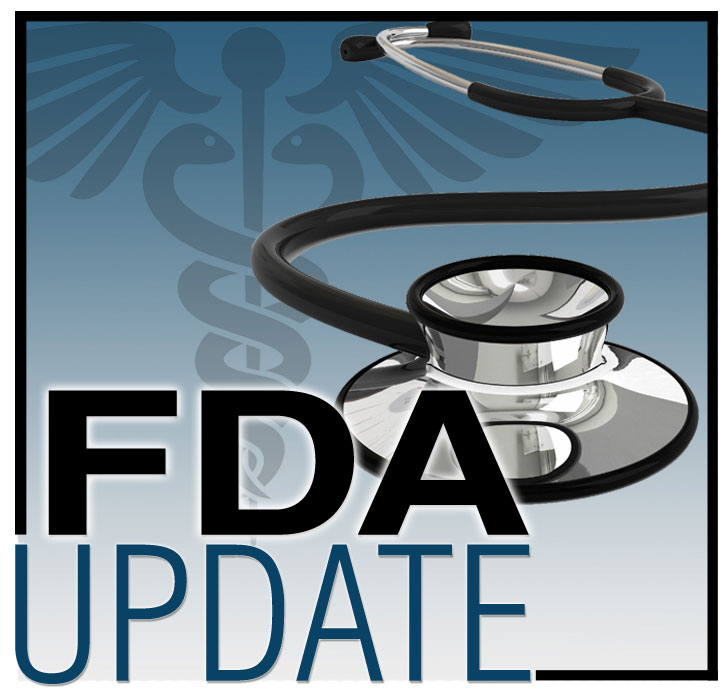
On September 22, 2017, the U.S. Food and Drug Administration (FDA) granted accelerated approval to nivolumab (Opdivo®) for the treatment of hepatocellular carcinoma (HCC) in patients who have been previously treated with sorafenib.
Approval was based on a 154-patient subgroup of CHECKMATE-040 (NCT 01658878), a multicenter, open-label trial conducted in patients with HCC and Child-Pugh A cirrhosis who progressed on or were intolerant to sorafenib. In addition to including patients without active hepatitis viral infection, the trial enrolled patients with either active HBV (31%) or HCV (21%) but not those with active co-infection with HBV and HCV or with hepatitis D virus infection. Patients received nivolumab 3 mg/kg by intravenous infusion every 2 weeks. The confirmed overall response rate, as assessed by blinded independent central review using RECIST 1.1, was 14.3% (95% CI: 9.2, 20.8), with 3 complete responses and 19 partial responses. Response duration ranged from 3.2 to 38.2+ months; 91% of responders had responses lasting 6 months or longer and 55% had responses lasting 12 months or longer.
Common adverse reactions occurring in greater than 20% of patients in nivolumab clinical trials include fatigue, rash, musculoskeletal pain, pruritus, diarrhea, nausea, asthenia, cough, dyspnea, constipation, decreased appetite, back pain, arthralgia, upper respiratory tract infection, and pyrexia. Adverse reactions occurring in patients with HCC in CHECKMATE-040 were similar to those previously reported in product labelling, with the exception of a higher incidence of elevations in transaminases and bilirubin levels. Treatment with nivolumab resulted in treatment-emergent grade 3 or 4 AST in 27 (18%) patients, grade 3 or 4 ALT in 16 (11%) patients, and grade 3 or 4 bilirubin in 11 (7%) of patients. Immune-mediated hepatitis requiring systemic corticosteroids occurred in 8 (5%) patients.
The recommended nivolumab dose for HCC treatment is 240 mg every 2 weeks.
Full dosing information is available.
FDA granted priority review to nivolumab for this indication. As a condition of accelerated approval, further trials will be required to verify the clinical benefit of nivolumab for this indication. A description of FDA expedited programs is in the Guidance for Industry: Expedited Programs for Serious Conditions-Drugs and Biologics.
Healthcare professionals should report all serious adverse events suspected to be associated with the use of any medicine and device to FDA’s MedWatch Reporting System by completing a form online, by faxing (1-800-FDA-0178) or mailing the postage-paid address form provided online, or by telephone (1-800-FDA-1088).
Follow the Oncology Center of Excellence on Twitter @FDAOncology.
Check out recent approvals at the OCE’s podcast, Drug Information Soundcast in Clinical Oncology (DISCO).
In collaboration with the FDA and as a service to our members, ONS provides updates on recent FDA approvals and other important FDA actions (e.g., updated safety information, new prescribing information) pertaining to therapies for patients with cancer. This allows the agency to inform oncologists and professionals in oncology-related fields in a timely manner. Included in the FDA updates is a link to the product label or to other sites for additional relevant clinical information. In supplying this information, ONS does not endorse any product or therapy and does not take any position on the safety or efficacy of the product or therapy described.





